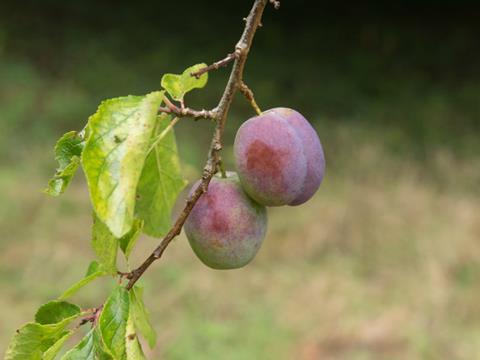
The British plum season has come to an end a month early after poor growing conditions hit volumes and quality.
The season usually continues until the end of September, but growers blamed the plum’s temperamental and fragile nature alongside “the right weather in the wrong order” for shortages.
“The cold, damp weather in early May resulted in fewer blossoms, which leads to a smaller harvest,” said Gary Farmer of Vale Landscape Heritage Trust, a charity that revitalises old orchards.
“The recent rain following a spell of hot weather has caused many of the plums to swell and split. Instead of an ongoing crop of different varieties at different times of the summer, all of them seem to have popped in August.”
It comes as a supply crisis caused by the drought earlier this summer continues to ravage the fresh produce sector.
Read more: Brits pay more for fruit & veg as impact of extreme weather hits
Wholesaler Brakes was forced to apologise to customers after being unable to fulfil orders for lettuce last week. Though it said it was looking for alternative suppliers, it confirmed it would be unable to substitute orders with other lettuce variants due to limited supply across the entire category.
In a statement on its website, it blamed an ‘unexpected caterpillar infestation after the approved pesticides used evaporated in the extreme heat’ and high temperatures stalled lettuce growth, leaving them too small for harvest.
Shortages had worsened over the past week, it said, leaving availability of iceberg, cos and prepared lettuce ‘extremely limited’.
It comes as consultancy the Centre for Economics and Business Research warned of spiralling food and drink prices, which could ultimately drive up the cost to UK consumers by £45m per week as a result of shortages caused by extreme weather. The rise would be equivalent to £7.15 per household each month.
The consultancy highlighted fresh produce including carrots and onions as some of the worst affected items, followed by meat, bread and dairy.







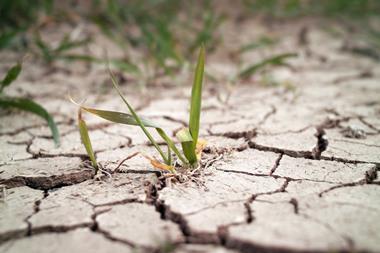
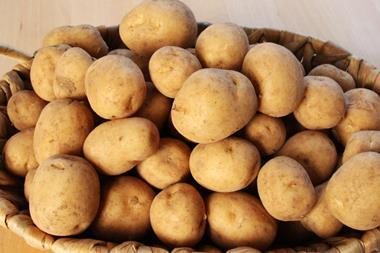
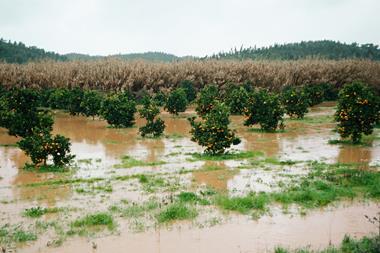
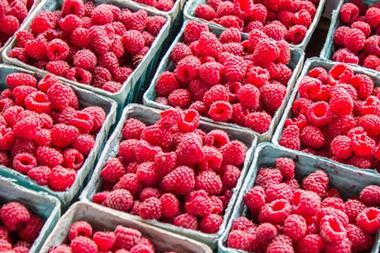
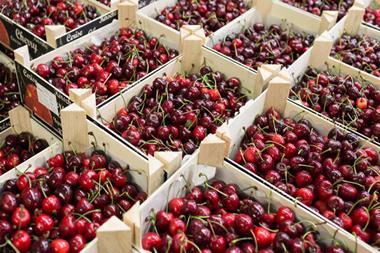
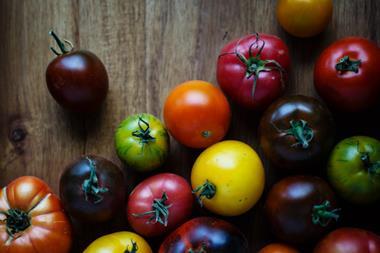






No comments yet